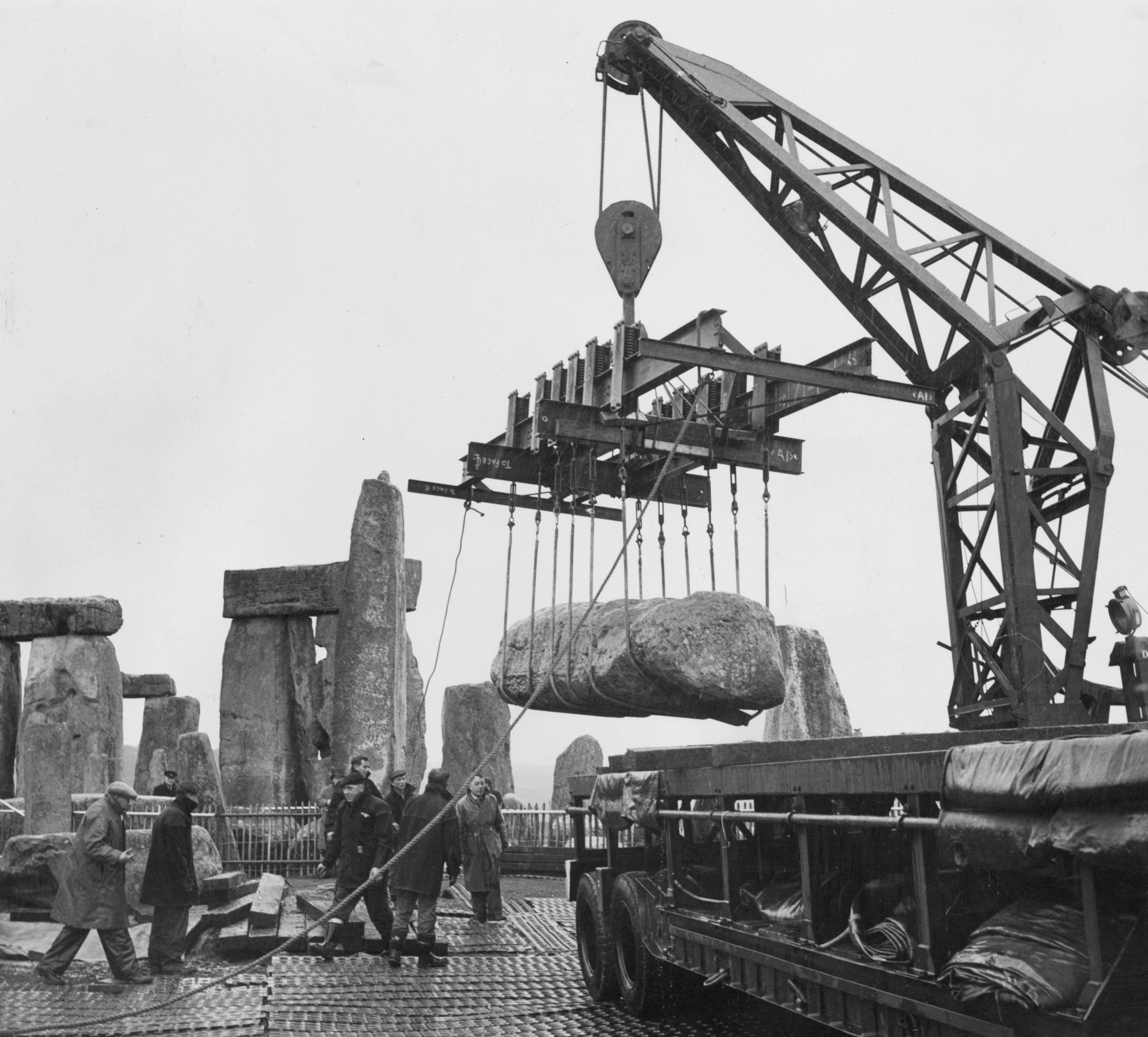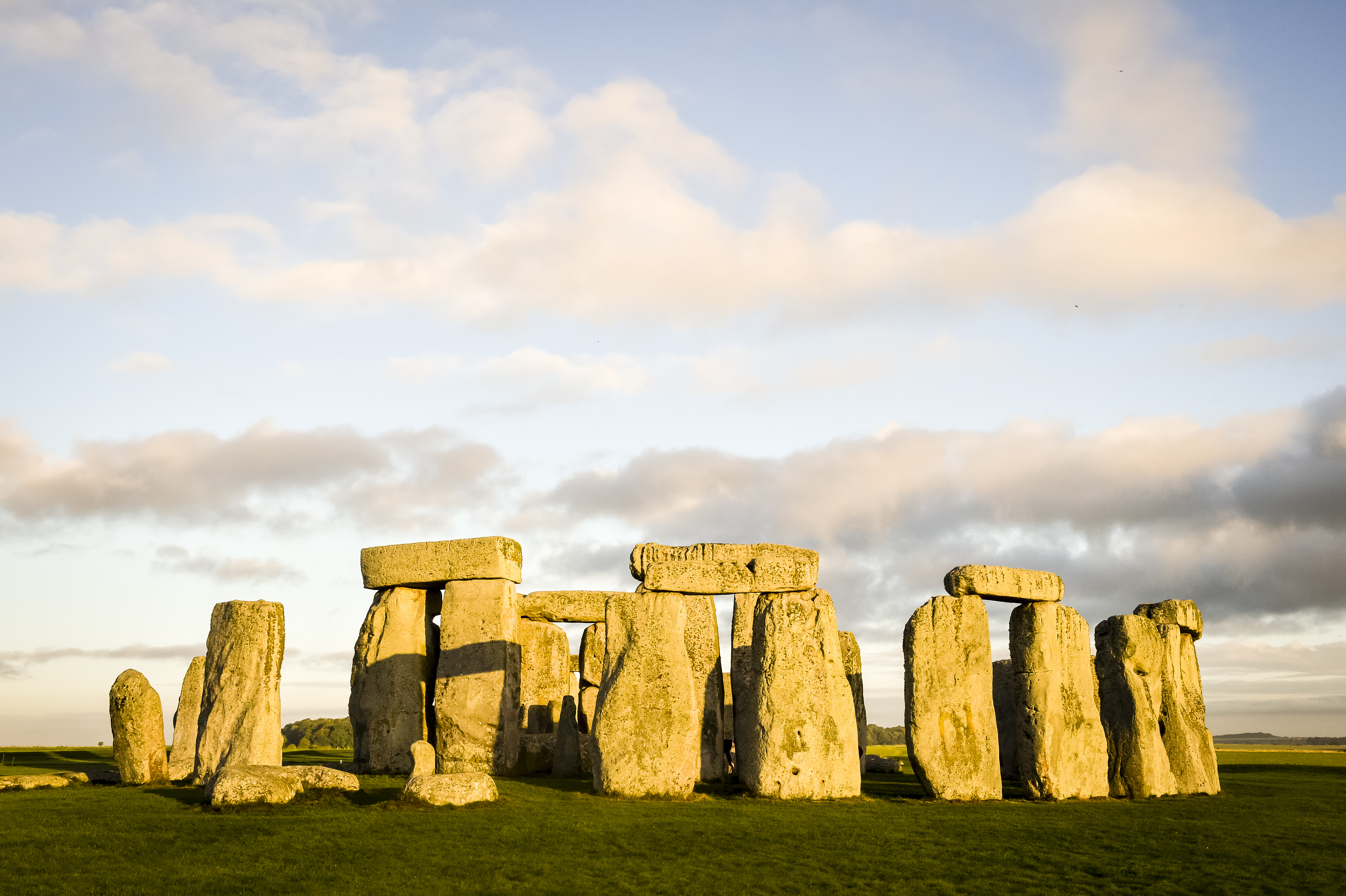The centuries-old mystery of where the 20-tonne stones used to build Britain's ancient Stonehenge came from has been solved by researchers.
Until now the origins of the seven-metre tall structures - known as sarsens - that form the monument's central horseshoe and main circle have confounded archaeologists.
Now Brighton University researchers have identified the source of the stones to an area 25km north of the site, near the town of Marlborough, reports the BBC.
Analysis from part of the core of a missing rock taken from Stonehenge in south west England 60 years provided the breakthrough.
READ MORE: Major ancient circle found near Stonehenge

It was presumed lost until Robert Phillips, 89, who was involved in excavations at the site in 1958, returned part of it last year. It is believed he took it as a souvenir from his time there.
The scientists used geochemical testing to determine that 50 of the 52 sarsen stones at Stonehenge share a consistent chemistry and came from a common area.
They then analysed sarsen outcrops from across England and compared their chemical composition with a piece of the returned rock.
Results showed most of the stones at Stonehenge originated from West Woods, near the Marlborough Downs in Wiltshire.
"It has been really exciting to harness 21st century science to understand the Neolithic past, and finally answer a question that archaeologists have been debating for centuries," Professor David Nash, from Brighton University, who led the study, said.
Stonehenge was built around 2500 BCE. While its smaller bluestones have been traced to the Preseli Hills in Wales, the sarsens' origins have baffled archaeologists until now.

English Heritage's Susan Greaney said the discovery was an exciting find.
"To be able to pinpoint the area that Stonehenge's builders used to source their materials around 2500 BC is a real thrill," Ms Greaney said.
Ms Greaney said the origins of the giant stones showed how "carefully considered" ancient Britons took the the construction of Stonehenge.
from 9News https://ift.tt/2D4bEHA
via IFTTT


0 Comments